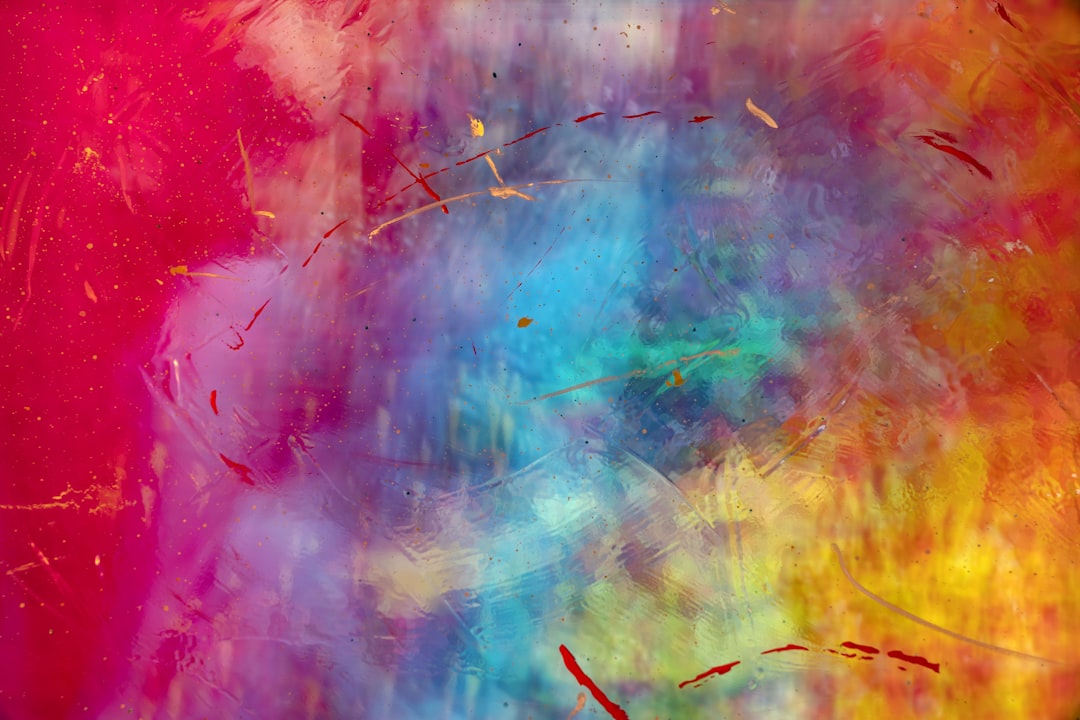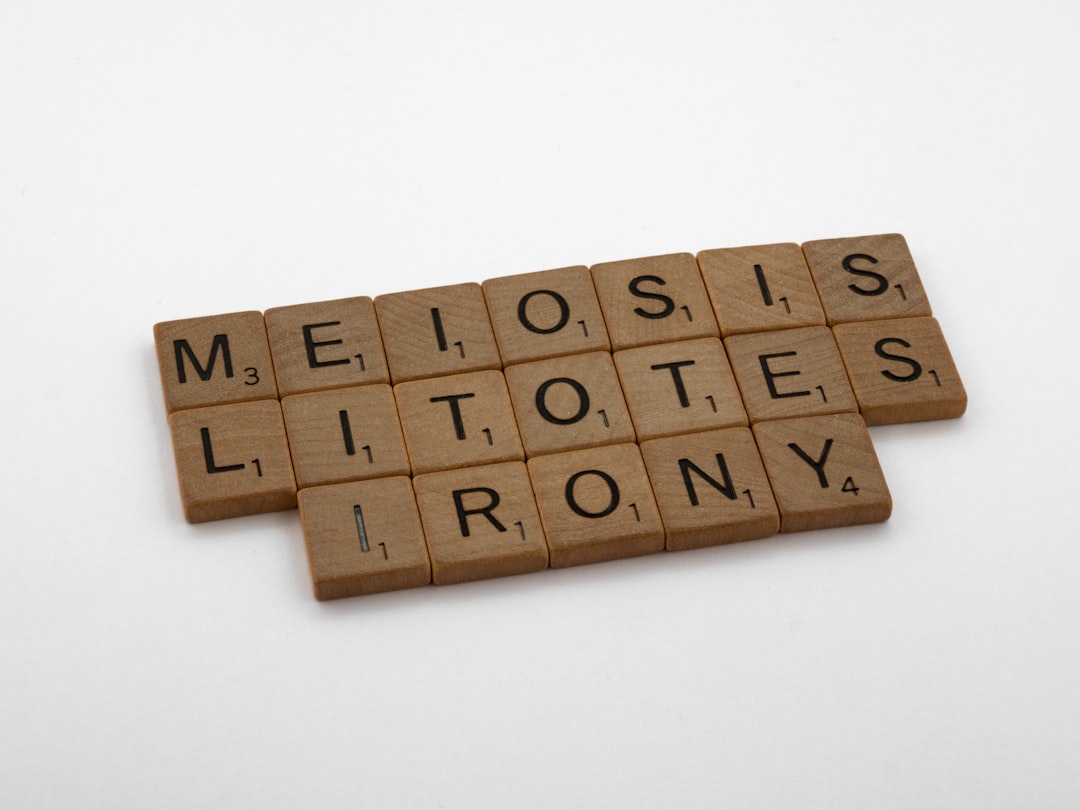What is it about?
This paper attempts to provide a defence for a narrative theory of the self in the face of criticisms from the anti-narrative camp. It begins by addressing certain uncontroversial premises that both pro- and the anti-narrative camps might be thought to agree on: the status of humans as homo significans or meaning-makers, the natural form-finding tendency and certain desiderata for significance and value that we possess, and the raw material of life and its constituents that we proceed from. Whereas the pro-narrative camp seeks to provide the narrative theory of the self as a valid argument for how we proceed from the raw material of life and undifferentiated experience and these desiderata and tendencies to a conception of both selfhood and moral responsibility, the anti-narrative camp holds the conclusion to be false and the narrative theory of the self to be invalid. The Parfitian view holds the conception of the self to be ultimately false, whereas the Strawsonian view holds both the conception of the self and the conception of moral responsibility to be ultimately false. The grounds they provide, however, tend to be metaphysical in nature, demonstrating that they have fundamentally misunderstood how the narrative theory of the self functions as a semantic thesis.
Featured Image
Why is it important?
I will demonstrate certain defects in the metaphysical arguments that anti-narrativists like Parfit and Strawson have made against what is essentially a semantic thesis about how we make sense of our lives. I will also attempt to shore up the semantic thesis in other relevant aspects.
Read the Original
This page is a summary of: Apologia pro Vita-Fabula Sua: Defending Narrativity and How We Make Sense of Our Lives, The Southern Journal of Philosophy, September 2015, Wiley,
DOI: 10.1111/sjp.12115.
You can read the full text:
Contributors
The following have contributed to this page










